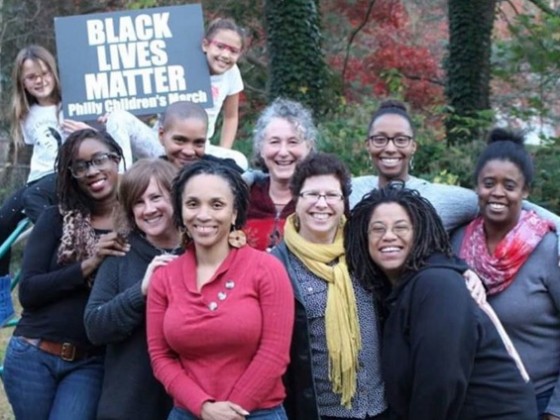#momsatwork providing #mtairy #northwestphilly a child & family focused #platform and #movement to talk about #race #racialinequality #racialprejudice #racialinjustice #racialdiversity #phillychildrensmarch #pcm #blacklivesmatter
1. Racial justice
Discussions surrounding police brutality, mass incarceration and the school-to-prison pipeline have all been brought to the political forefront as movements like Black Lives Matter fight to shed a much-needed light on what plagues the black community. This is the Civil Rights Movement of this era, and how any presidential candidate decides to address the issues speaks volumes to how interested they are in actually tackling these problems.
